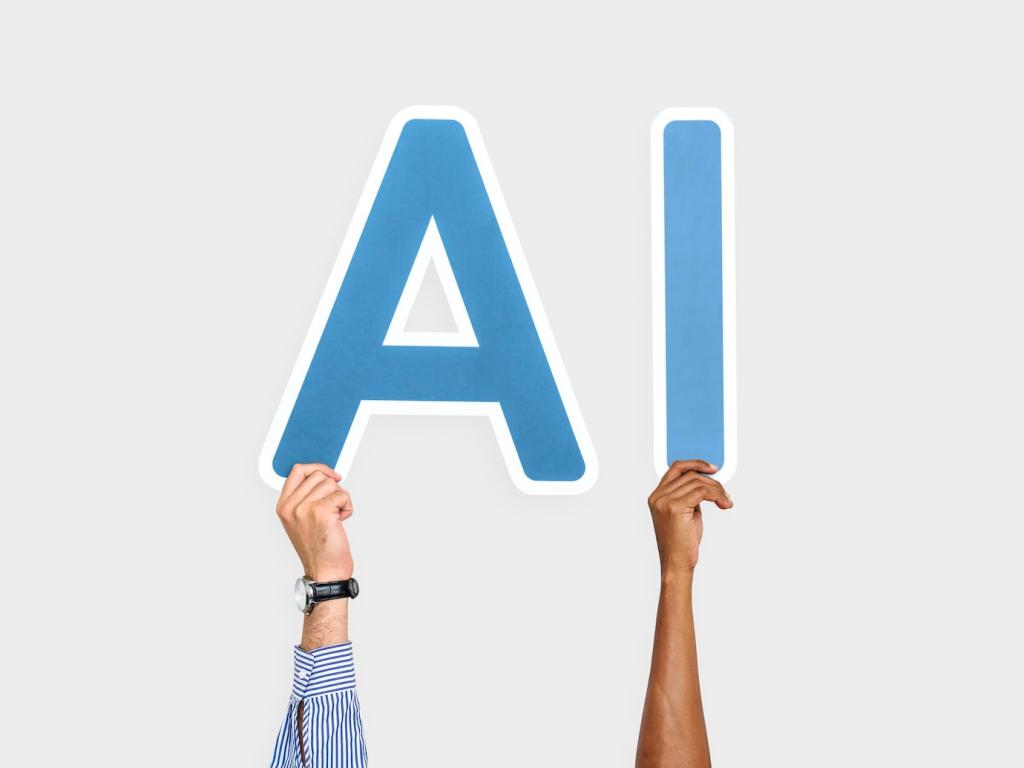AI Technologies Transforming Customer Service Operations
Innovative artificial intelligence (AI) technologies are rapidly reshaping the landscape of customer service operations. By integrating AI-powered solutions, businesses can enhance support experiences, increase efficiency, and adapt to evolving customer expectations. This transformation enables organizations to deliver seamless, personalized, and timely assistance, fostering loyalty and driving operational improvements. As AI technologies mature, customer service departments are empowered with powerful tools to optimize workflows, predict customer needs, and provide intelligent self-help, fundamentally altering how service is delivered across industries.


Enhanced Availability and Speed
Intelligent virtual assistants operate 24/7, allowing customers to access support whenever they need it. Unlike traditional service centers with limited hours, chatbots respond instantly, minimizing wait times and resolving issues faster. This level of availability enhances the overall customer experience and sets new standards for responsiveness. AI-powered bots utilize extensive databases and learning algorithms to process queries rapidly, ensuring that customers receive accurate information with minimal delay. These capabilities lead to higher satisfaction rates and reinforce brand reliability, providing a significant competitive advantage.

Multilingual Communication Capabilities
AI chatbots are equipped with multilingual support, enabling businesses to serve customers in their preferred language. By recognizing and processing multiple languages, these solutions break down barriers and build trust with diverse audiences. The technology identifies context and meaning even with idiomatic or nuanced phrases, ensuring communications remain effective. This inclusive approach expands an organization’s reach and helps create personalized experiences for global customers. Employing multilingual AI not only improves accessibility but also reduces reliance on in-house language specialists, streamlining international customer operations.

Seamless Interaction and Escalation
Sophisticated virtual assistants are designed to handle straightforward inquiries and escalate complex issues to human agents seamlessly. Detecting when a conversation requires human intervention, the AI ensures a smooth handoff by providing context and conversation history, reducing repetition for the customer. This integration of human and AI support leads to faster resolution of complex problems and reduces customer frustration. The collaborative approach capitalizes on AI’s efficiency for basic tasks while ensuring empathetic, personalized support when it matters most, reinforcing customer trust and satisfaction.
AI analyzes vast amounts of historical and real-time data to understand each customer’s unique preferences, habits, and needs. Using this data, AI can proactively suggest products, services, or solutions that are most relevant to individual customers. This targeted approach enhances engagement and increases conversion rates while demonstrating a deep understanding of customer behavior. By leveraging predictive analytics, businesses can anticipate future needs, reduce churn, and foster long-term loyalty, all while optimizing the service process to deliver precisely what the customer wants.
Personalized Customer Experience Through AI
Automated Workflow Management
AI technologies streamline internal processes by automating routine tasks such as case routing, ticket categorization, and follow-up reminders. Through machine learning, these systems identify the most appropriate course of action for a given request, assigning it to the best-suited agent or resource. This automation removes bottlenecks and minimizes human error, fostering a more organized and effective support environment. As a result, customer queries are resolved swiftly and accurately, improving both service quality and operational metrics.
Intelligent Resource Allocation
Resource allocation is a critical function that directly impacts service levels and efficiency. AI systems analyze historical trends and real-time data to forecast demand, allowing managers to allocate staff and resources dynamically. By directing skilled agents to high-impact areas and managing workloads intelligently, businesses can avoid overstaffing or understaffing during peak times. This intelligent distribution of resources not only ensures customers receive timely assistance but also helps control operational expenses, maximizing the productivity of every team member.
Automated Quality Assurance and Compliance
Maintaining high service standards and regulatory compliance are essential for customer-facing operations. AI tools monitor and assess interactions for quality, flagging inconsistencies, or compliance risks in real time. Automated quality assurance solutions provide actionable feedback to agents and help management identify training needs. This systematic review guarantees that every customer interaction aligns with best practices and legal requirements, fostering trust and maintaining brand reputation. Over time, the insights gained contribute to continuous improvement and operational excellence.
Previous slide
Next slide
